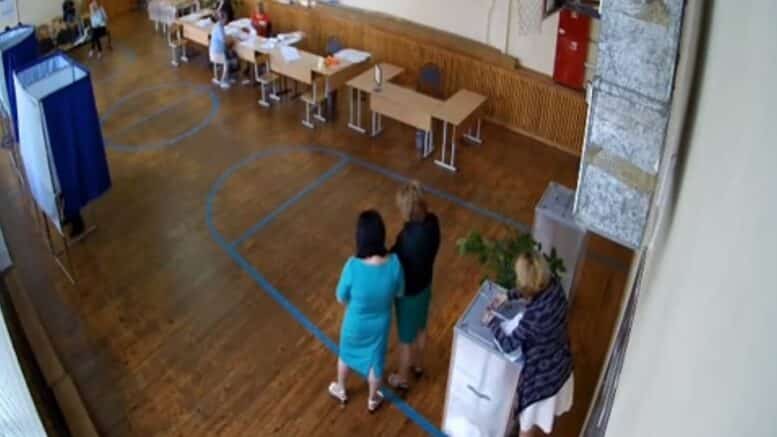The following bilingual Russian MiniLesson is meant to build your vocabulary by providing Russian phrases within English text. Hover over the bold Russian to reveal its English translation.
During over the past decade, or were key ways to get better election results in Russia. Most often in Russia, this involved showing that a political opponent had been involved in dirty business deals or government corruption.
Today, more attention is paid to the actual rigging of voting results and the role of have in the elections.
Here is a list of the most frequently used methods, according to zaks.ru magazine:
allows a number of rigging tricks. These types of include , , and .
In order to , it is first necessary to compile —people who don’t live in the district, or people who are not going to vote in the elections. Sometimes these people are those who have actually died between the time that the voter lists were formed and the election was held. After that, these names end up on the voter list, and their ballots are filled out with votes for the required political party.
Blank are always sent to election districts with a few extra copies. By the time the elections start, the exact amount of ballots should be , and extra ballots should be . Sometimes, officials will and instead use some as additional votes. This can create problems as it can result in very high and suspicious voter turnouts, including those of more than 100%.
The extra ballots can be through various schemes, for example, or .
Sometimes, by . For example, school principals might require teachers and other personnel, and sometimes even students’ parents to , and require teachers to . The military and state-owned corporations are also sometimes accused of using this trick. Russian media pointed out after the 2007 and 2011 Duma elections that the partients of psychiatriac wards across the country voted overwhelmingly for United Russia.
There is a trick called a , where the same person goes from one election area to another, obtaining a ballot from “their” and . In this way, the person several times in different places. Generally, this requires that the член избиркома be involved as well as Russian voter lists are compiled based on passports and place of residence.
A similar trick is . Here, people are paid or pressured to give their passport to someone on election day and the член избиркома is paid or pressured to not notice that the picture in the passport is not on of the person asking for a ballot.
Another rigging method is called , where a voter . The people who paid the voter to take the ballot, then fill it out for a . The next voter ; in turn, he takes his own ballot outside for the next person.
Finally, to doctor a vote count, one can also use , such as simply during the .





